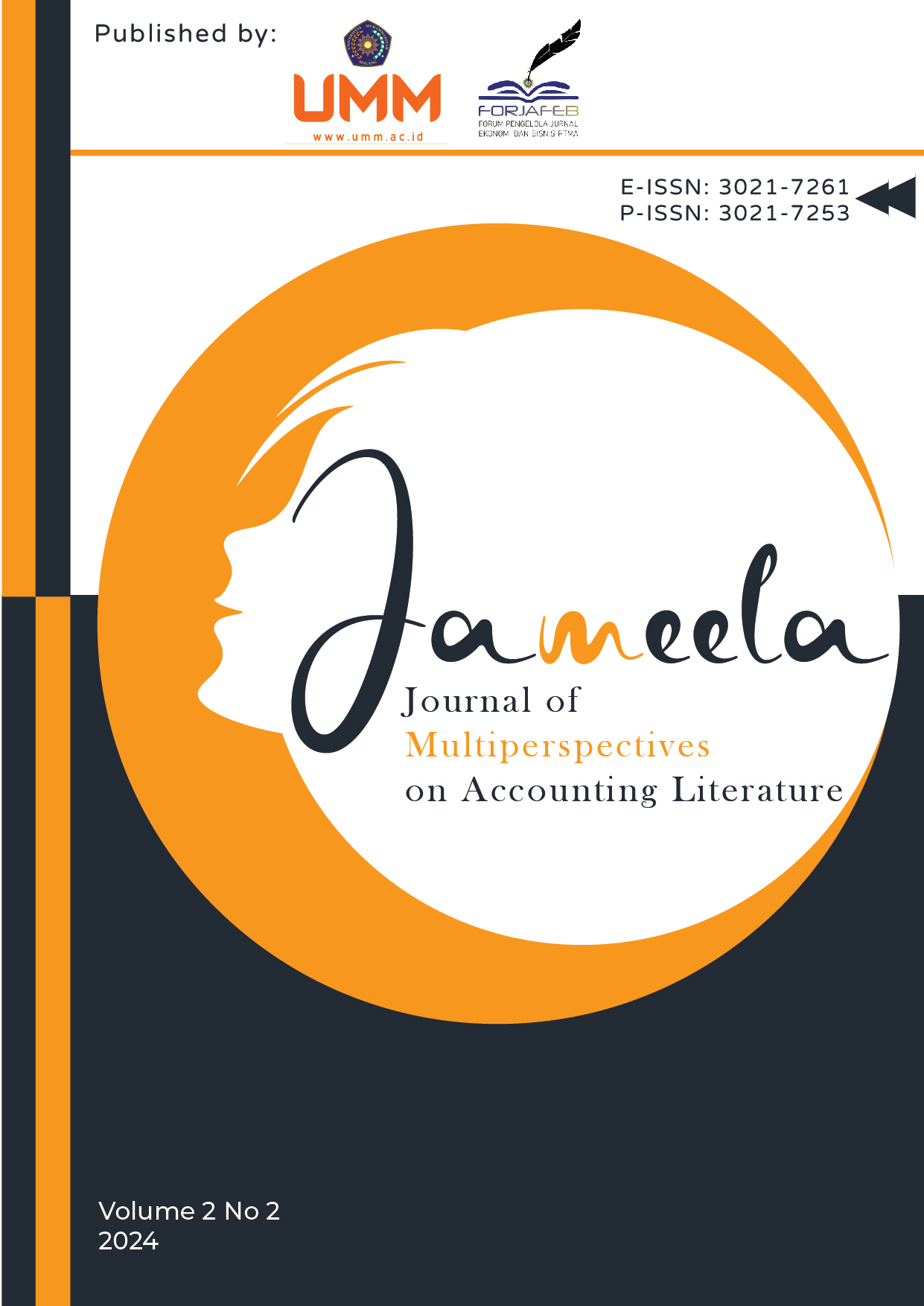The modern methodological conceptions and the development of anglo-american economics in the 20th century
DOI:
https://doi.org/10.22219/jameela.v2i2.34026Keywords:
British and American Classics Writing, Methodology, Philosophy of Science, TheoryAbstract
Purpose: The aim of this article is to reconstruct the basic methodological assumptions that are relevant to contemporary conceptions of the science of economics developing in English and American literature during the 20th century.
Methodology/approach: The paper aims to outline the logical structure of scientific theories in economics, which determines the objectivity of this science. Theoretical testing of hypotheses is performed by referring to more general and higher theoretical knowledge.
Findings: The prevalence of utilitarian attitudes described in the article, which limit economic cognition to cost and profit calculations and economic processes to activities around profit maximisation, promotes the instrumentalisation of the norms and principles of this science, and indirectly indicates the absence of other autonomous values besides profit.
Practical implications: Making the starting point in this article expressed in the work of British and American classics writing in the twentieth century demonstrates that they were moderate and flexible thinkers, as the structure of their theories reflects the changes that occurred in the leading methodological currents of the time.
Originality/value: In every epoch of the development of the science of economics, there are concepts that consciously need to be guarded against variability (e.g. the concept of truth) and to strive to ensure that methodological concepts form as coherent a scientific belief system as possible.
Downloads
Downloads
Published
How to Cite
Issue
Section
License
Copyright (c) 2024 Grazyna Musial

This work is licensed under a Creative Commons Attribution-NonCommercial-ShareAlike 4.0 International License.






























